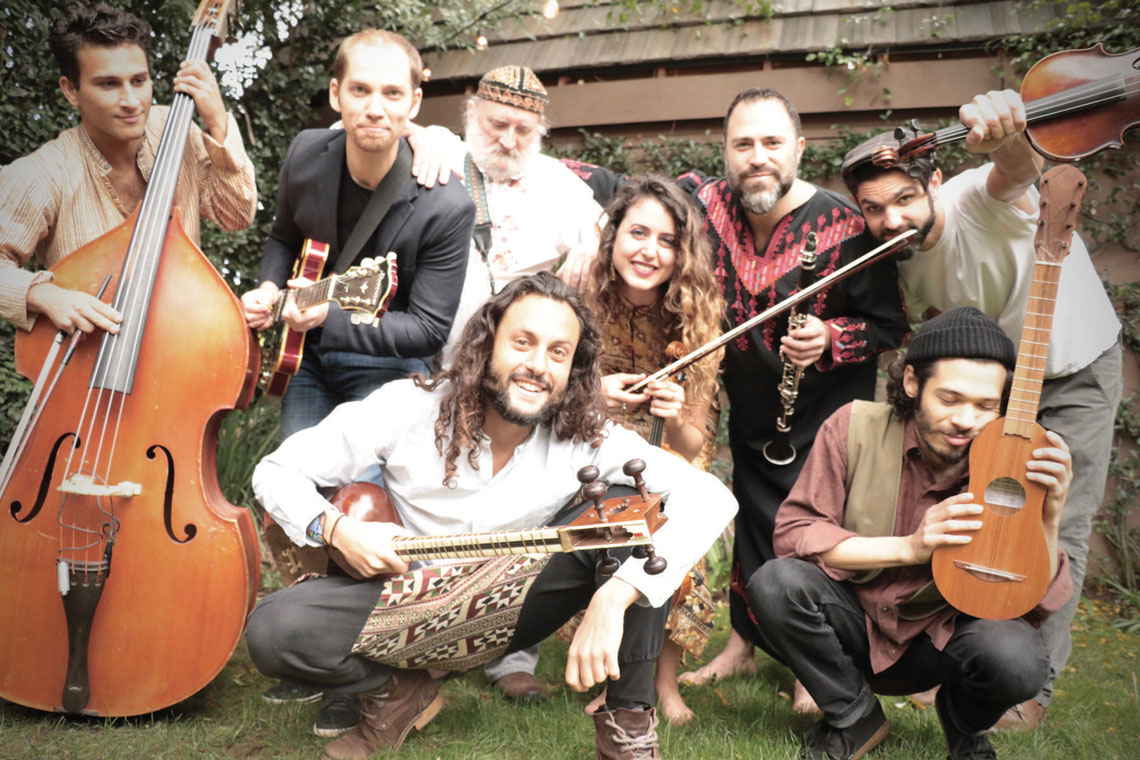
Of the countless folded paper wishes and hopes stuck between the massive stones of Jerusalem’s Western Wall — ostensibly, mail for HaShem — Chloé Pourmorady’s prayer may be unique.
Three years ago, at Judaism’s holiest site, she prayed for a musical ensemble of her own. As an accomplished violinist and vocalist, she envisioned a group that would embody the meaning of “ensemble”: disparate musical elements from various countries and traditions, blended so seamlessly and beautifully that the whole is more than the sum of its parts, and the resulting music becomes a transformative experience both for listeners and the musicians.
Not long after that moment at the Wall, her prayer was answered. Pourmorady, 27, formed The Chloé Pourmorady Ensemble, performing music and lyrics as infectious as childlike joy or as deep and soulful as liturgical melodies, drawing inspiration from Persian, klezmer, Sephardic, gypsy and Middle Eastern sources.
In fact, Pourmorady — born in Los Angeles — has roots in the Middle East.
“I’m first-generation American,” she told the Journal in her parents’ Westwood home before a rehearsal for a June 27 concert at the Skirball Cultural Center. Her parents are from Iran and left in 1979 after the revolution. She grew up in Los Angeles, attended Sinai Temple through the eighth grade, gaining a strong Jewish education.
“I’ve always felt as if I was brought up in two different countries,” she said. “Inside of my house was one country, and outside it was a different country. Inside my house it feels creative, warm — an old, traditional atmosphere. But outside, I’m reminded that I’m in America. In my house we speak Farsi and English, and the aromas here at home — a lot of cardamom, a lot of turmeric, saffron; those three, the holy trinity. I feel that my music is like that too, that mix of smells that blend into a pleasant whole.”
Pourmorady said her greatest influence has been her father, Kourosh Pourmorady, an attorney and self-taught musician and lyricist.
“He’s really inspirational to me, and we create music together, so he wrote the lyrics, the poetry for a lot of the music you’re going to hear at this concert,” she said. “As we create together, the Persian roots are there, the Persian feeling is there. But then with the music, I bring elements from other cultures and I mix it with his lyrics. So it’s a really interesting fusion of styles that you wouldn’t typically hear.”
Pourmorady said she owes her integration of different musical styles to her extensive travels. Whether it’s Spain, Portugal, Greece, Hungary, the Balkans, Czech Republic, France, Italy or elsewhere, she said, she absorbs musical ideas. In Granada, Spain, she was deeply moved by a woman singing a Sephardic song. Pourmorady then folded Ladino songs into her own work and was happily surprised to learn that her father’s family has Sephardic roots, dating back nine generations to Toledo, Spain.
“I needed to travel and experience life in order to express my own music,” she said. “And you really hear that in the music I play, you hear these different places and cultures.”
When she returned from Israel, Pourmorady began to assemble her ensemble. She already had a small group when she crossed paths with Daniel Raijman, a 32-year-old guitarist and arranger who was born in Israel and grew up in Argentina, where he regularly performed jazz and tango. They met at Sinai Temple when both were performing music for High Holy Days events.
“When I first heard her, I didn’t just want to sit and listen,” Raijman said. “What I wanted to do was join in, jump in and play music with her ensemble.”
Raijman plays guitar in the ensemble and also works on arrangements and orchestrations. “Normally, Chloé has a clear idea where she wants to go with each song,” he said. “She comes in with a melody, and we decide how it’s going to be handled — which part fits the clarinet best, which part the guitar. … We all rehearse and keep adapting until we have it in the shape we want.”
Pourmorady said that when the ensemble began to perform, those who attended the first few concerts were mostly from the Persian-Jewish community. During the past year, however, the audiences, like the music, have been more and more diverse. The Skirball concert will feature Cantor Liran Kohn of Baba Sale Congregation.
“It really adds a lot that people [in the ensemble] come from different backgrounds,” Pourmorady said. “Everybody comes from somewhere else, with different training and traditions. The group is extremely diverse, musically and culturally, but when we’re all in the same musical moment, which happens a lot, when we all mesh, it feels as if we’re all just flowing together.”
The Chloé Pourmorady Ensemble will perform at Skirball Cultural Center at 8 p.m. June 27. For tickets and more information, go to www.bit.ly/chloeskirball.
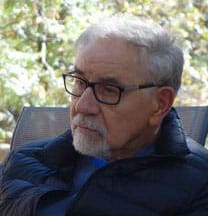






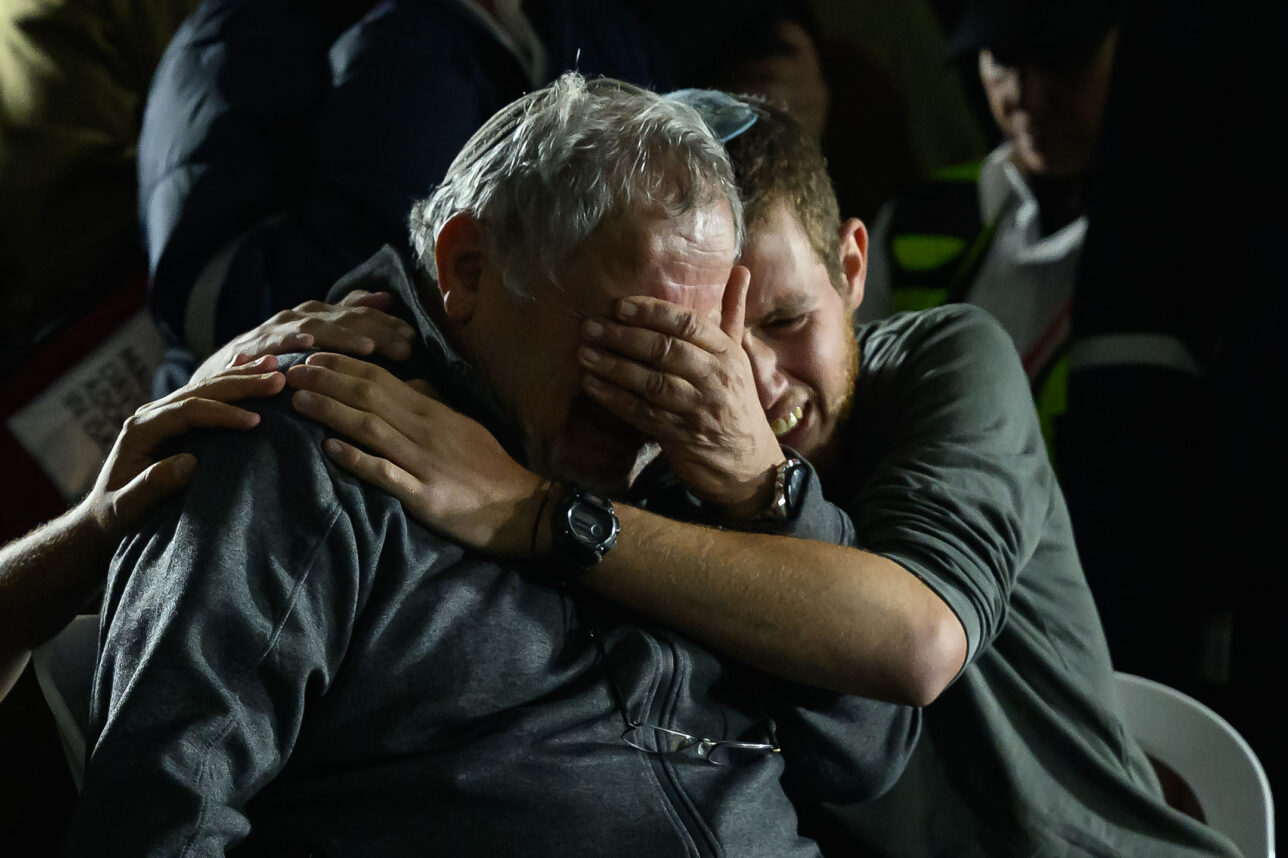

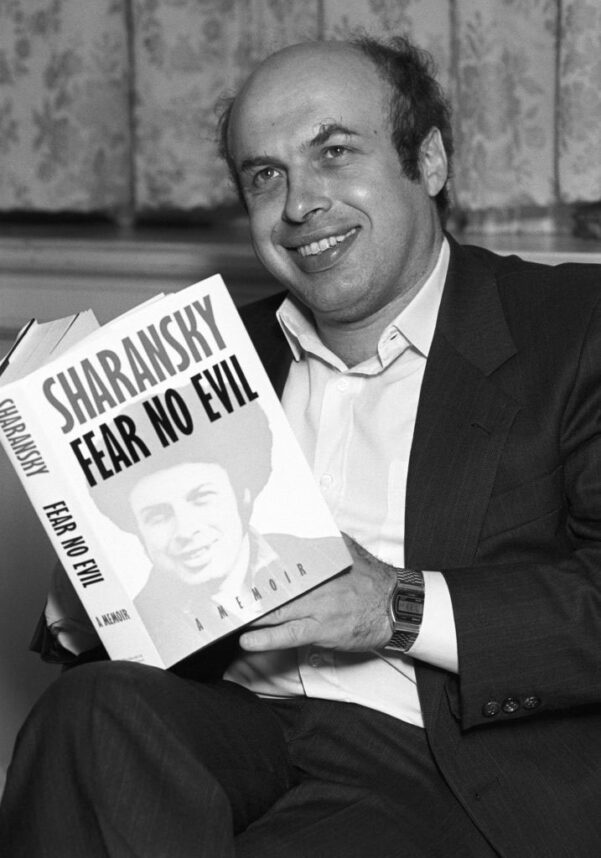

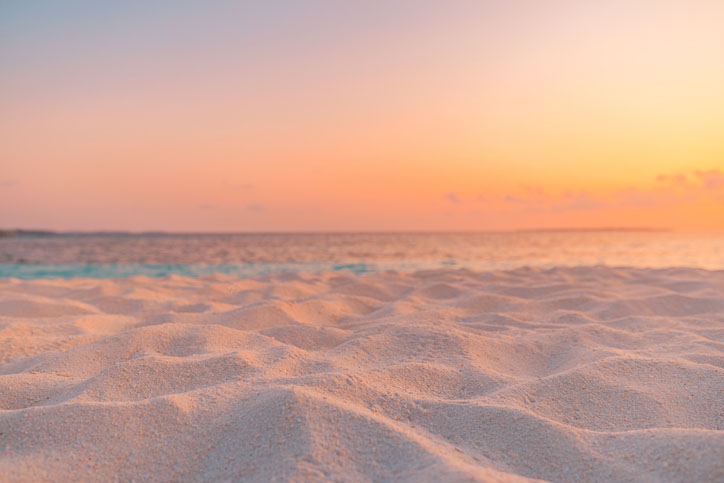
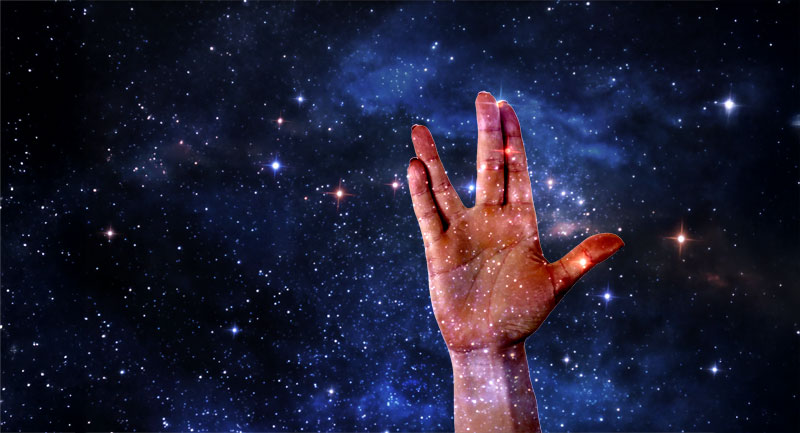
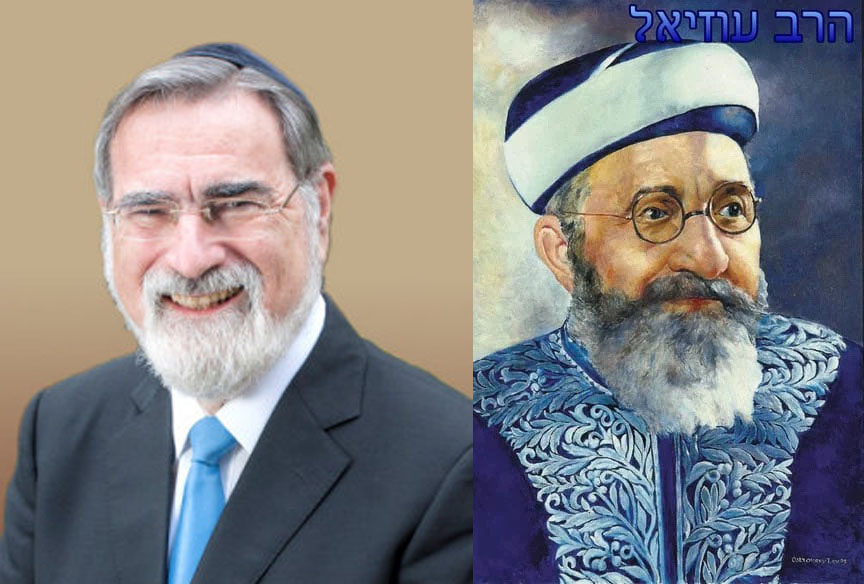
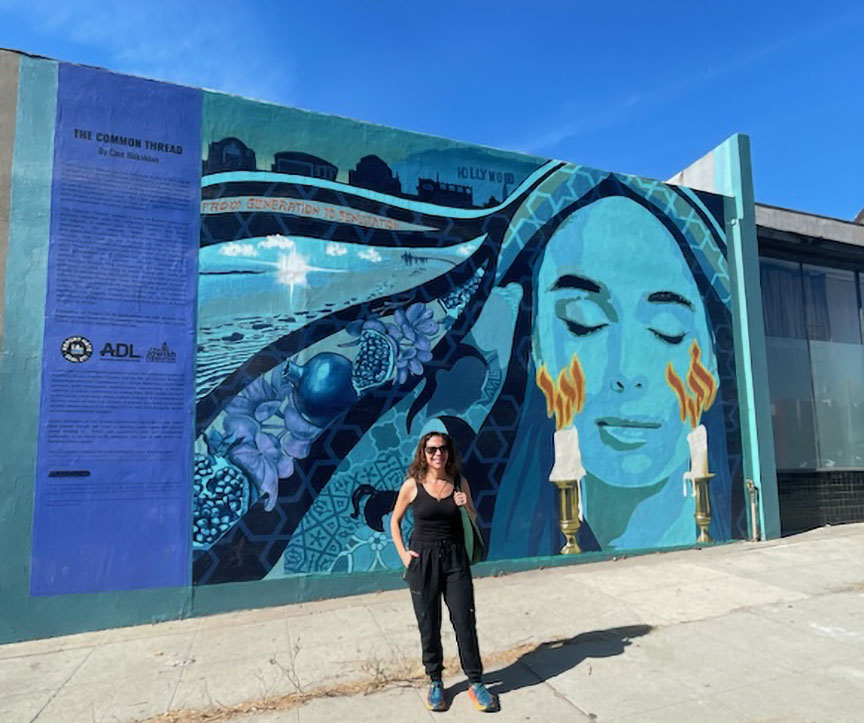
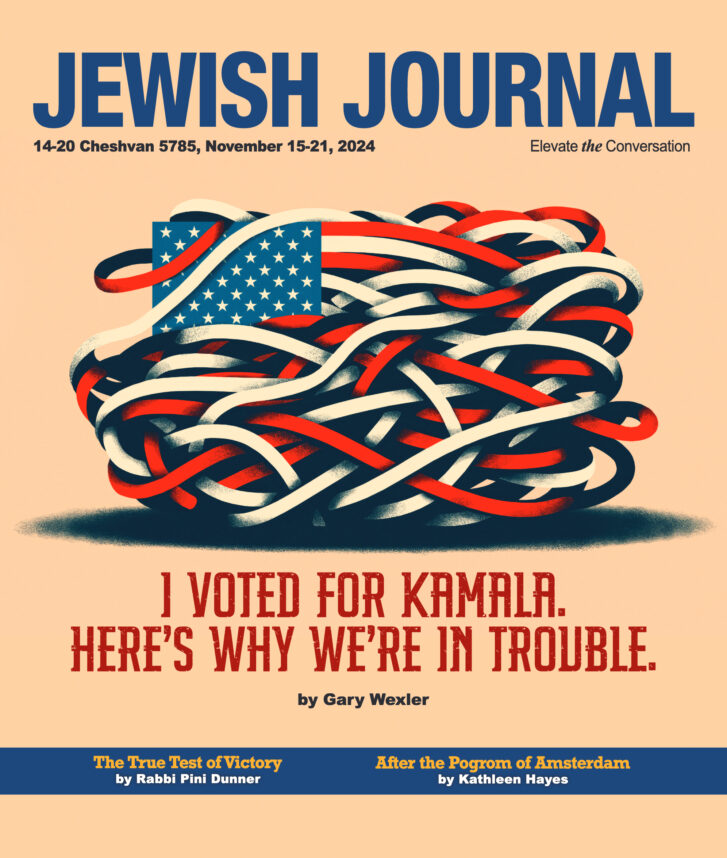
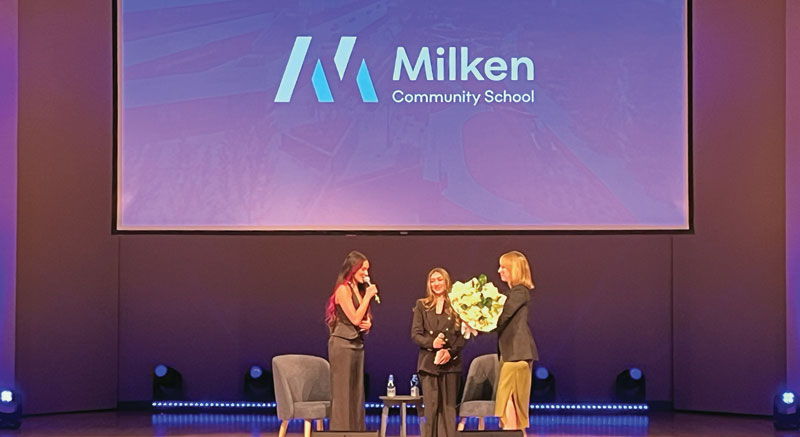





 More news and opinions than at a Shabbat dinner, right in your inbox.
More news and opinions than at a Shabbat dinner, right in your inbox.